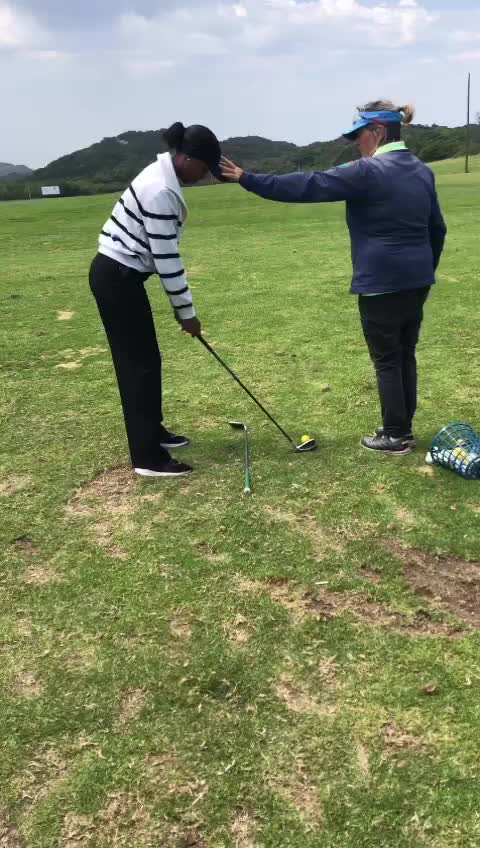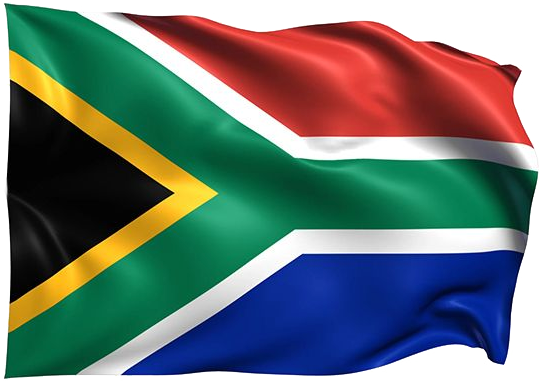
INSIDE THE ROPES
BUILDING
blocks
Michelle de Vries’ results among her elite and development players show why she is one of the top coaches in South Africa
By MIKE GREEN
While coaching might be a support industry within golf, it’s a big one, and in the context of South African golf at its most basic level, it carries the hopes and dreams of our future.
Michelle de Vries knows that, and she embraces it as much as any other coach in the country with her work out of East London Golf Club which has produced champion upon champion. The latest of those are Kesha Louw, currently No 2 on the GolfRSA Junior Girls rankings, and Ben Weber who is No 5 on the Boys Under-17 rankings.
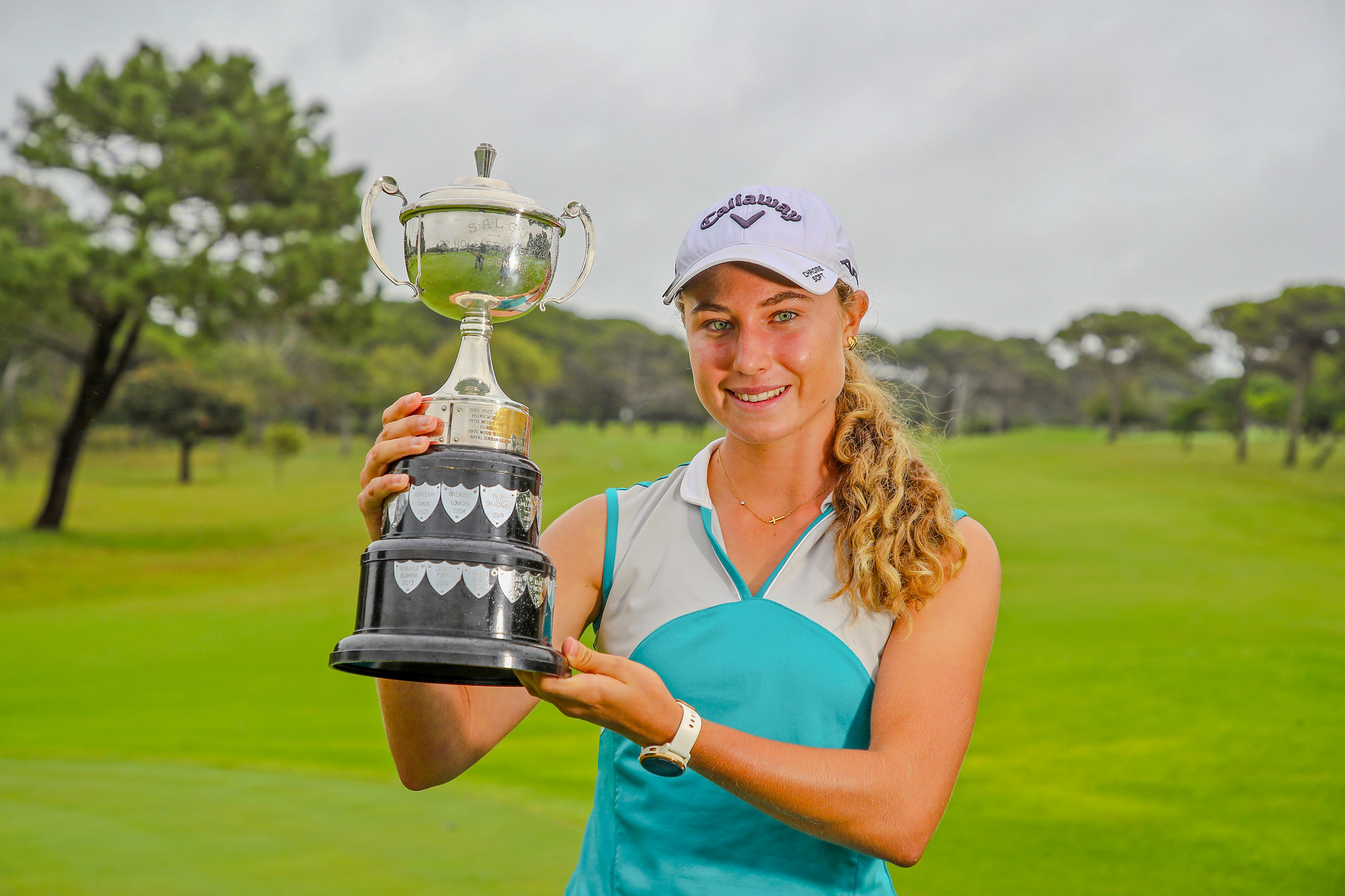
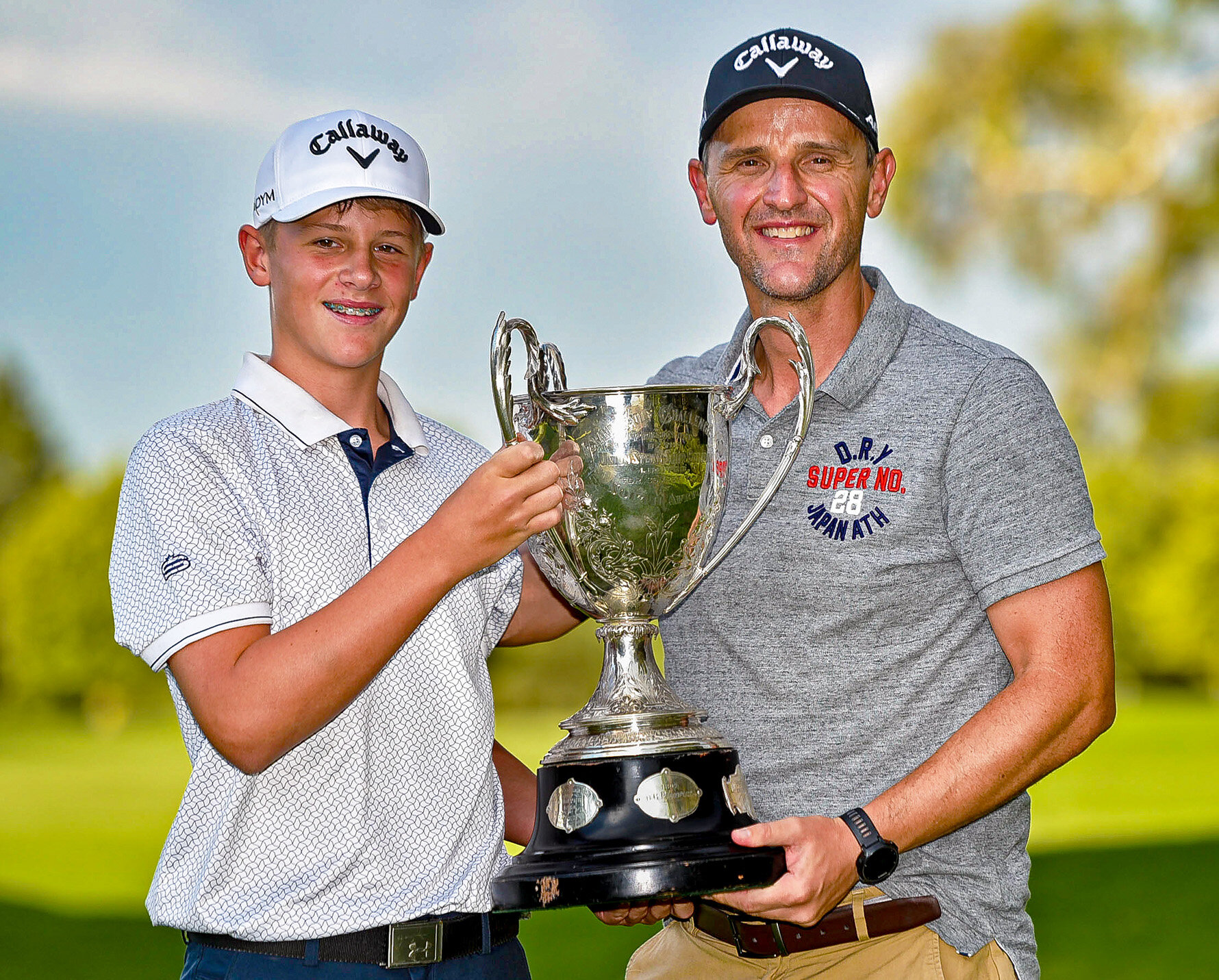
There are many other players she has worked with over the years, but Louw’s come-from-behind playoff victory at the South African Women’s Amateur Stroke Play Championship in February and Weber’s historic performance as the youngest winner of the Proudfoot Trophy ‑ the 36-hole stroke play qualifier for the South African Amateur Championship ‑ in February last year are the ones which are top of mind.
And while those two names are ‘elite’ players, a lot of people suggest that De Vries is a ‘kids’ coach. ‘I like to be called a developer of players,' she says. ‘If the basics are not there – like the grip for a start – we’re not going to get anywhere. And then I build from there.
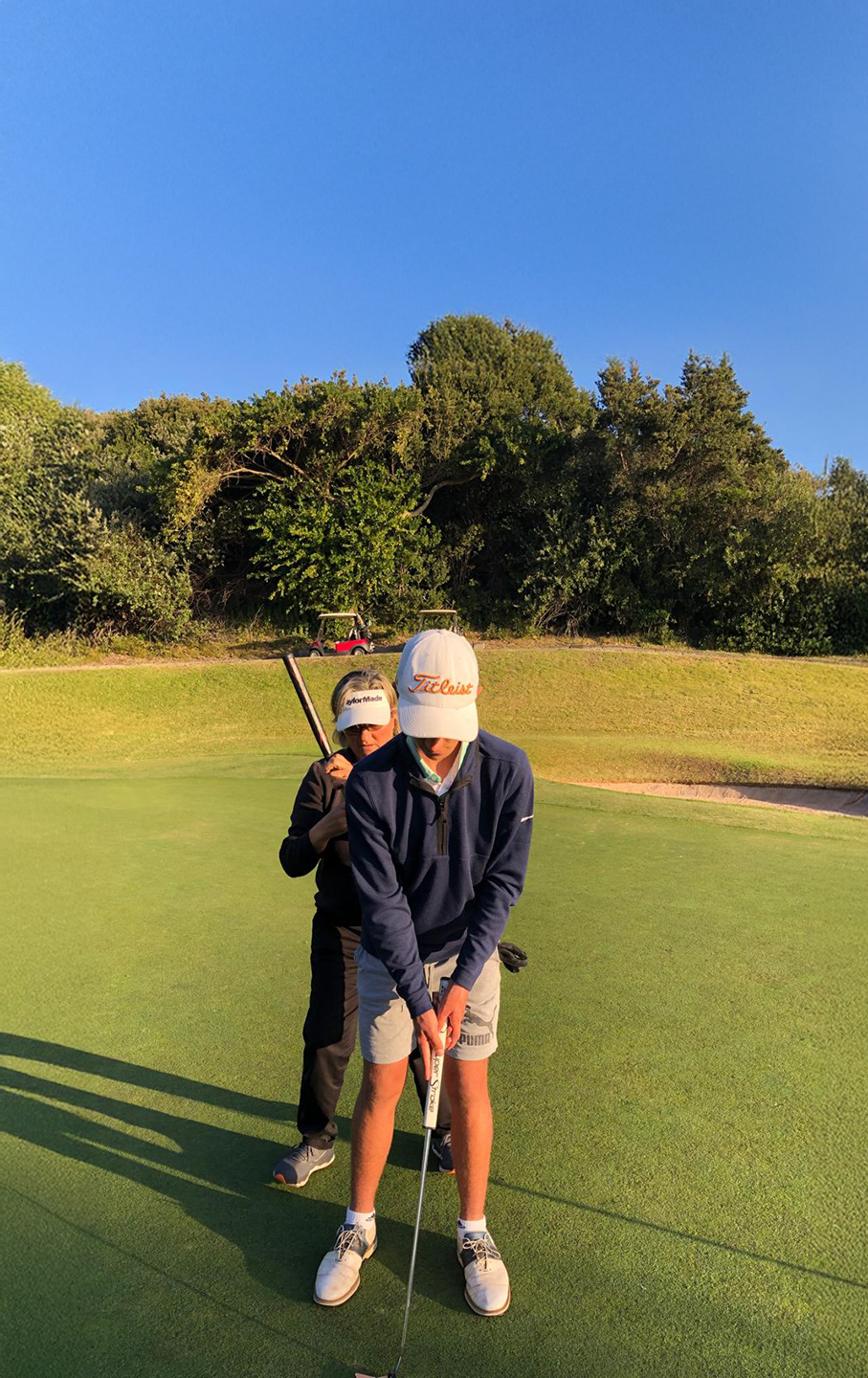
‘I believe that to build a player, they first need confidence. It’s harder to get confidence than it is to get a swing’
‘I have an issue with parents or other people suggesting that young players need to have something in their swing. I know! But it can’t be there until other things have been achieved.
‘Everybody has individual swings. When I started coaching after playing at a high level, I understood that you cannot play golf with a lot of stuff in your head. I’ve always tried to use everything natural to that person and not adjust things for my eye – as long as the basics are in place.
‘So I know Trackman, I know all the different swings, and I’d probably use that stuff for specific instances. My philosophy is not to change too much. Unfortunately, every five minutes, there’s something new going on. And I believe that to build a player, they first need confidence. It’s harder to get confidence than it is to get a swing.’
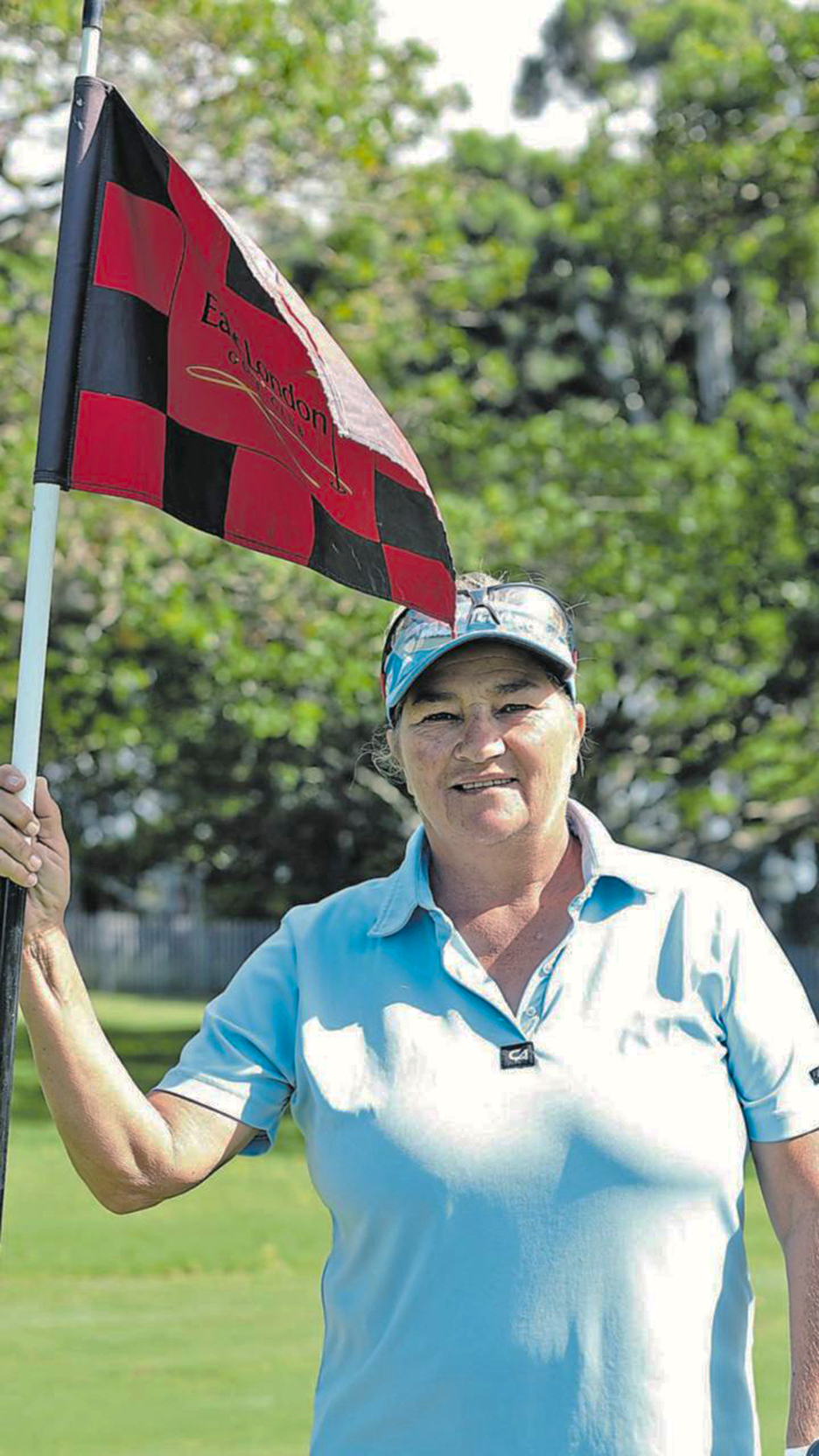
GROWING THE GAME
De Vries has been the resident PGA pro at East London Golf Club since 1988. During that time she has promoted ‘family golf’ and ‘beginner groups’ of friends.
She offers individual and group lessons and runs a beginner programme which includes six months’ temporary membership at the club. She also runs the Nomads Junior Academy on Saturday mornings at the driving range.
During the hard Covid-19 lockdown, she offered her clientele video analysis lessons and at no cost she sent them weekly drills they could do at home with simple equipment most people had access to.
‘I just feel that golf is such a beautiful game for your soul, that it’s important to be giving opportunities to the kids who want them’
De Vries relies on a rich diversity of her sporting experiences – hockey, tennis, golf and even some dabbling in triathlon – to inform the way she coaches.
‘When I tried my hand at an Ironman triathlon,’ she recalls by way of example, ‘I did OK. But after the first one, someone said to me, “You know, you might do better with a heel strike in your running.” And someone else said, “I can help with your swimming.” The result was I got injured while running and I never did well at swimming again.
‘The problem was I was thinking how to do something that had felt natural. It was no longer a flow. And golf is not a game of little boxes that must be ticked, it’s a flow. So if you see a specific thing in a swing and think you must do that… it can never happen. You need less thought, more feel, more flow.'
On that point, it’s significant that she is known as something of a ‘development’ coach. There is not a parent of a young golfer in the tight-knit Border golfing community who does not speak with gratitude about De Vries’ contribution to the growth of their children.
‘I just feel that golf is such a beautiful game for your soul,’ she says, ‘that it’s important to be giving opportunities to the kids who want them. You might not get 10 new Tiger Woods out of the process, but you might get one or two Zethu Myekis who stay in the game, and there are loads of them around the country.
COACH’S CORNER
Watch De Vries at work with one of her young players.
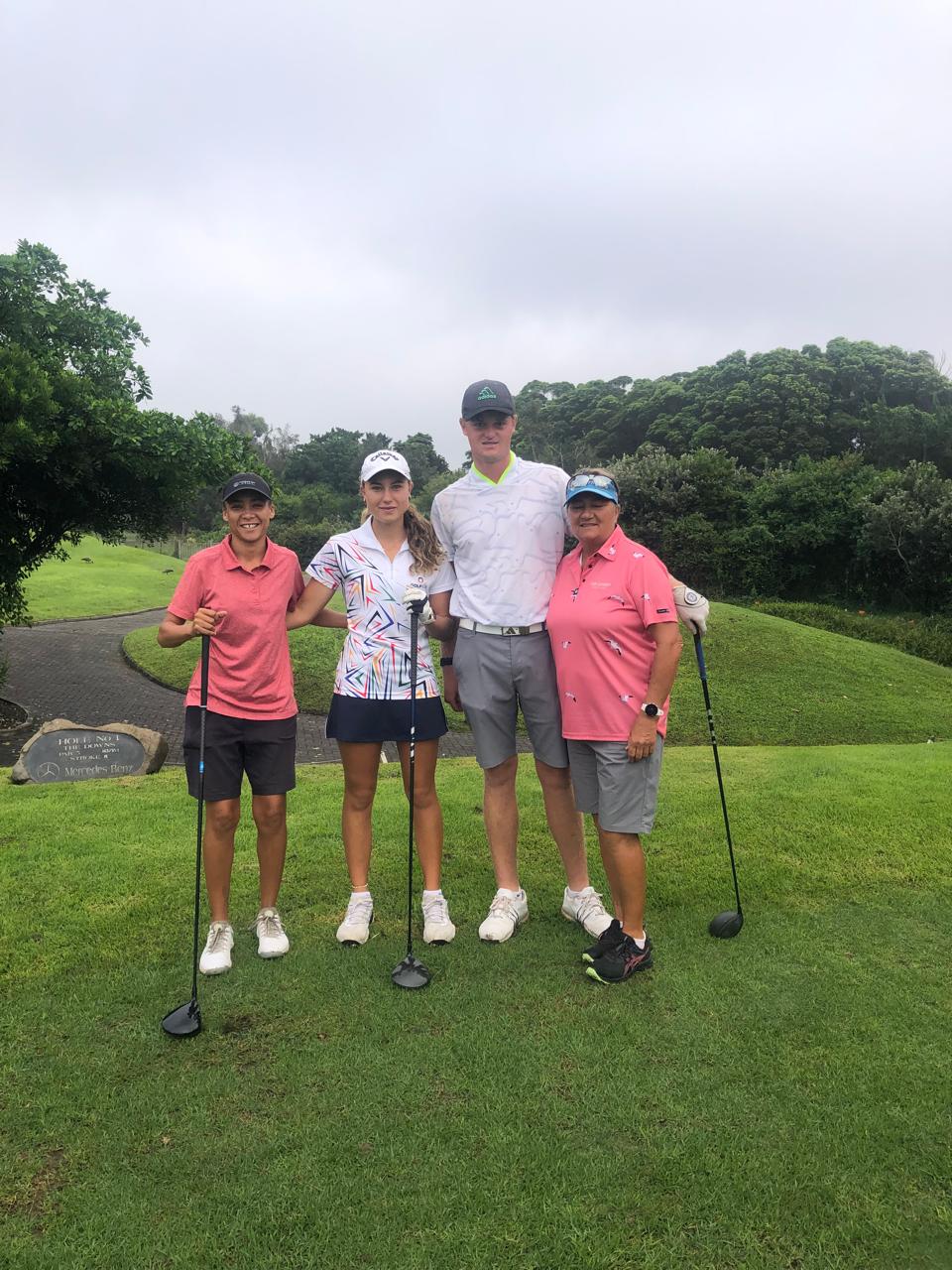
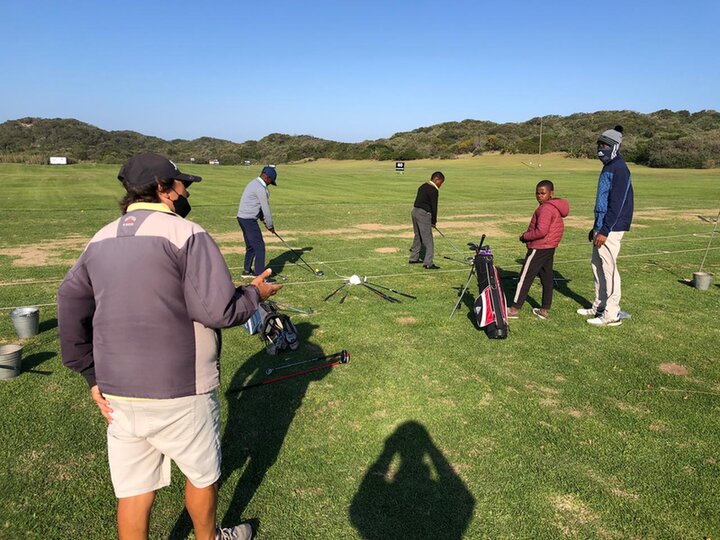
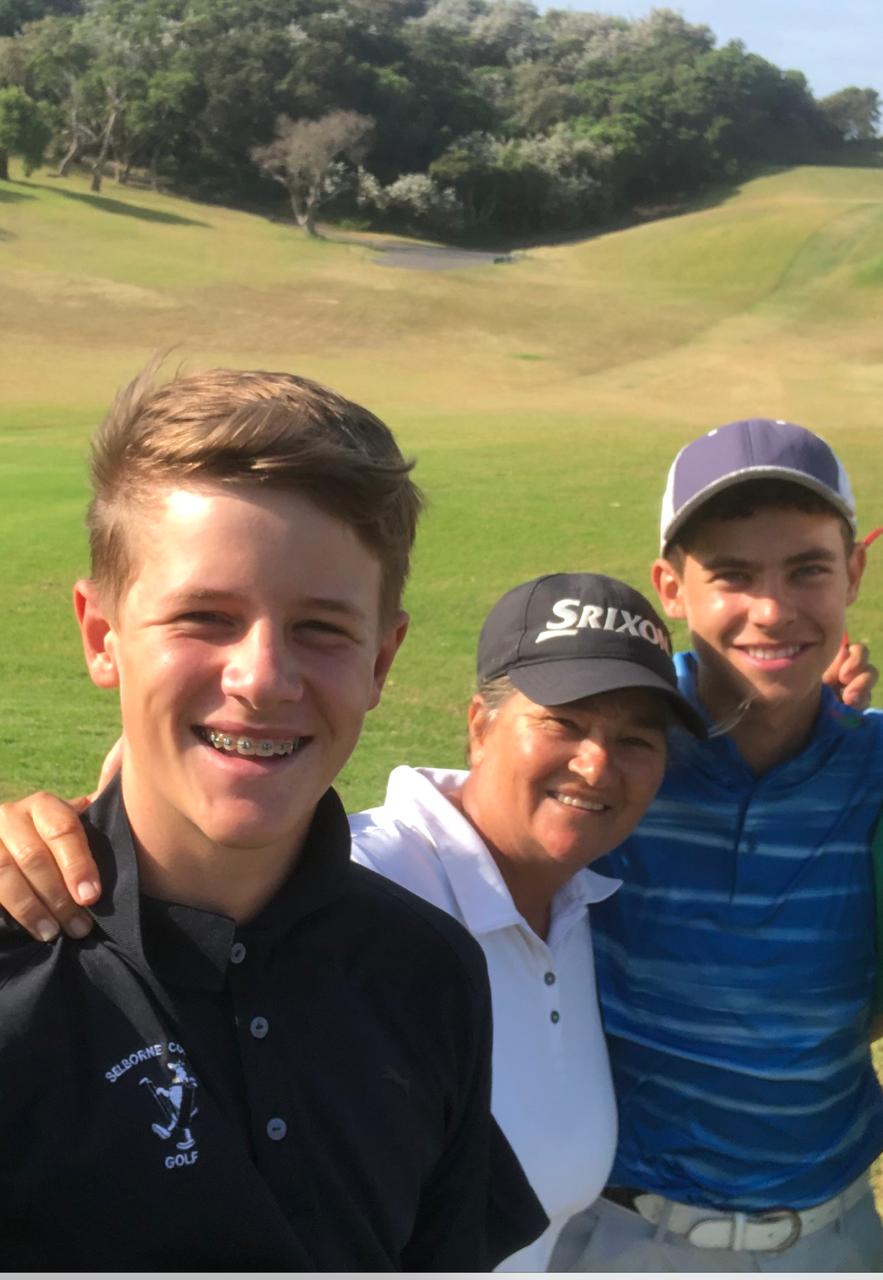
‘Development, for me, is the No 1 priority. I’ve got top-ranked players, but with the development players, I can see what they want to do. I can feel the opportunity is there, but it is still difficult. And with people moving away from places like East London, it’s even more difficult.
‘Now, if I find a development kid who’s passionate, I try to give extra. But, in the end, golf is up to the individual. You give and do so much, and 80% of the people take it and do nothing with it. But the 20% – even less really – makes what we do worthwhile.
‘At least 20 or so young golfers I have worked with have gone on to either work in the industry or are making their names as professional players, and there are quite a few more in the pipeline,’ she says.
And with that, she concludes by making arrangements with Kesha Louw to see her over the Easter weekend before the youngsters headed off to Tunisia to represent South Africa at the All Africa Junior Golf Championship.
That’s just De Vries giving another opportunity to a kid who wants it.

